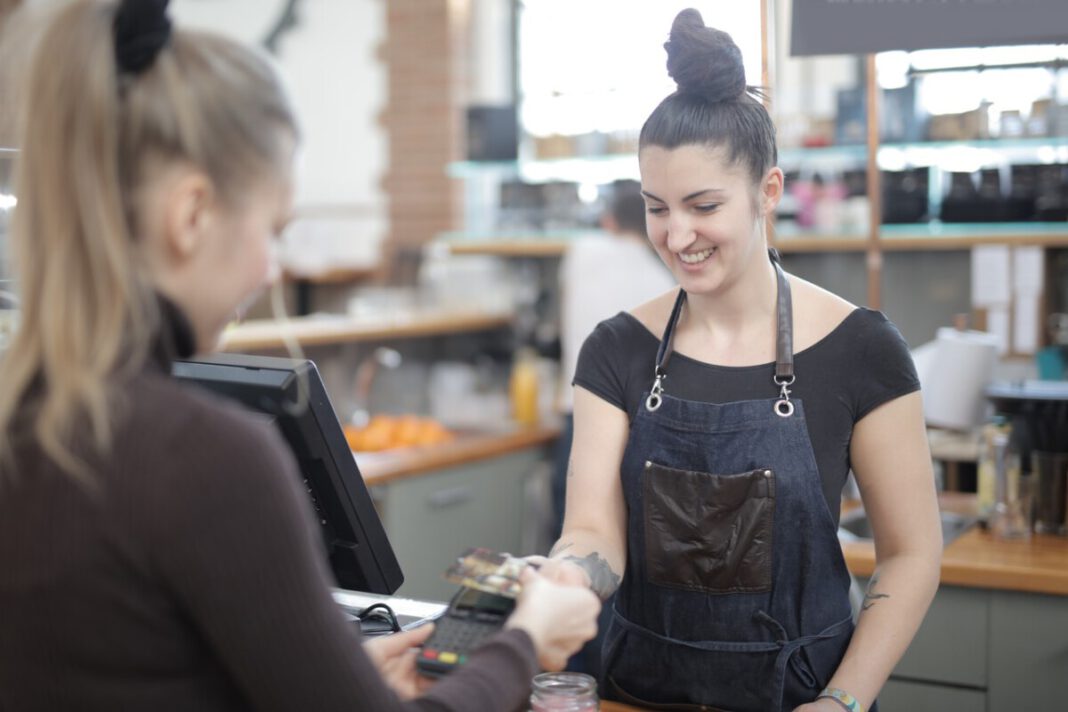A gradual loosening of the coronavirus measures was announced last week. For the economy, that’s good news: many shops are allowed to reopen, contact professions can get back to work, and the world will start spinning again.
But with strict limitations placed on businesses as to how many customers can attend, and the devastating effect on businesses over the last two months forcing closures and reduced competition, the economy is anything but returning to “normal.”
So what will be the impact for the consumer? Price hikes? Price drops? Less availability? Kitty Koelemeijer, Professor of Marketing and Retail at Nyenrode Universite, told NOS that she doesn’t see prices increasing in the short term.
“Although the margins are now under pressure, partly due to the one and a half meter economy, it is difficult for an individual provider to raise prices without customers dropping out.” The only way around this would be for an industry to make a collective price agreement to raise prices — luckily, that’s Illegal with a capital I.
The price of scarcity
Professor at the University of Groningen, Laurens Sloot, says some sectors may raise their prices. However, this should only be minimal. For example, some hairdressing salons are charging a slightly higher price to cover the costs that the new measures require. Koelemeijer says that if it’s only a few euros increase on a haircut the customer may be happy to pay it.
“Quite a few hairdressers are raising prices,” says Gonny Eussen of hairdressing industry association ANKO. “We have not conducted any research into this, but this is what I see and hear from colleagues. For example, they charge a few euros extra for the hygiene measures they have to take. After all, hairdressers purchase special items and have to charge more time per customer, while fewer people can be cut.”
Public transport
Luckily, public transport also shouldn’t be raising their prices (we can only assume it’s because it’s crazy expensive already.) The sector already receives some government funding and would prefer not to increase the price. “Then you make it more difficult for travellers to travel, while the government asks us to increase numbers,” explains an industry spokesperson.
Cinemas, museums, restaurants and amusement parks
Museums or amusement parks are not expected to start charging more for tickets. Even if running at a loss, a spokesperson for De Efteling said they would reopen to support employees and give valued customers a chance to return.
If you’re dying to catch a movie, good news: cinemas are also planning to keep their prices the same as pre-corona. “At the moment, there is no information that prices will be adjusted,” said the chairman of the cinema industry Nolthenius. The same goes for restaurants, although some may charge minimal price increases to ensure they turn a profit.
What prices are you concerned about increasing? Tell us your thoughts in the comments below!
Feature Image: Andrea Piacquadio/Pexels



